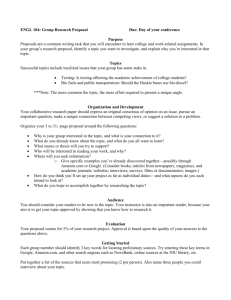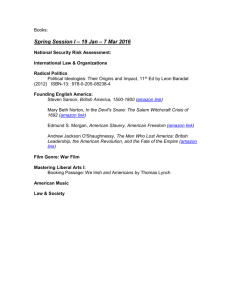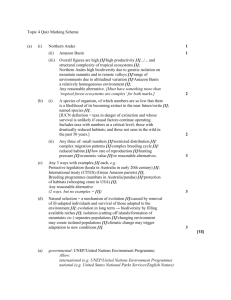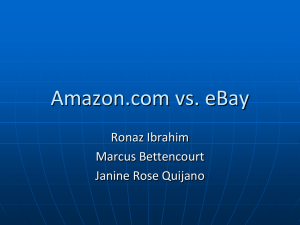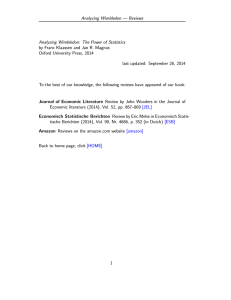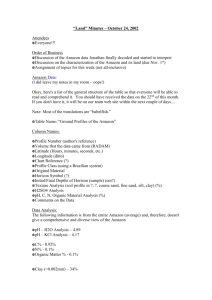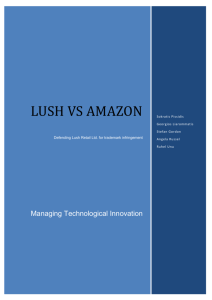Cosmetic Warriors Ltd and another v Amazon
advertisement
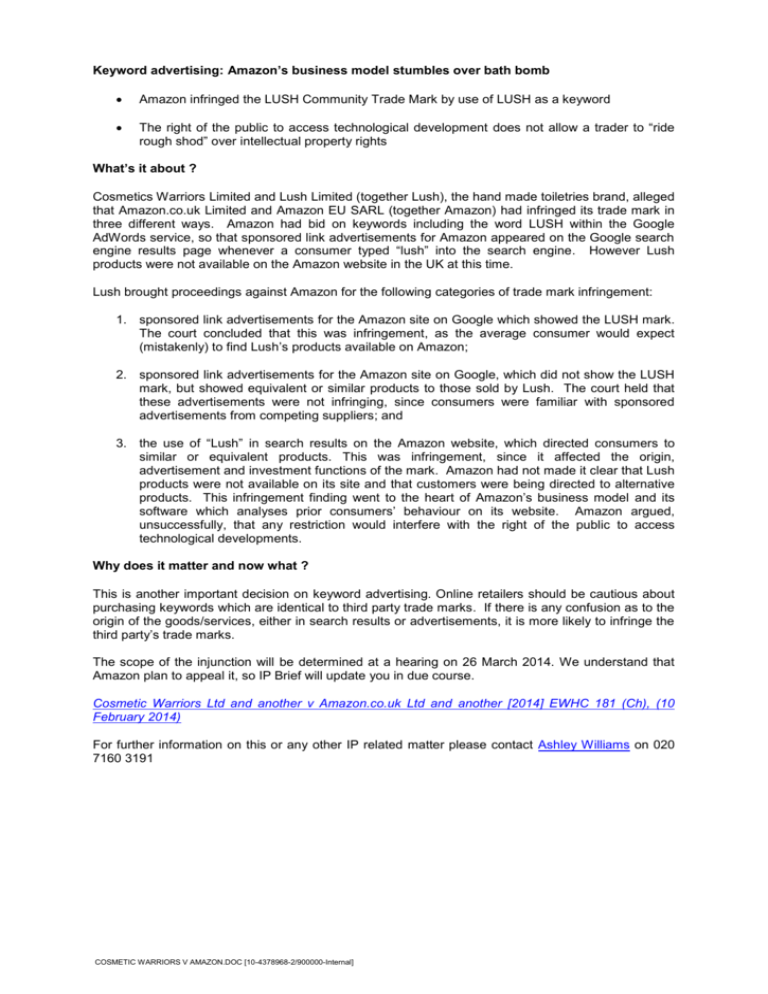
Keyword advertising: Amazon’s business model stumbles over bath bomb Amazon infringed the LUSH Community Trade Mark by use of LUSH as a keyword The right of the public to access technological development does not allow a trader to “ride rough shod” over intellectual property rights What’s it about ? Cosmetics Warriors Limited and Lush Limited (together Lush), the hand made toiletries brand, alleged that Amazon.co.uk Limited and Amazon EU SARL (together Amazon) had infringed its trade mark in three different ways. Amazon had bid on keywords including the word LUSH within the Google AdWords service, so that sponsored link advertisements for Amazon appeared on the Google search engine results page whenever a consumer typed “lush” into the search engine. However Lush products were not available on the Amazon website in the UK at this time. Lush brought proceedings against Amazon for the following categories of trade mark infringement: 1. sponsored link advertisements for the Amazon site on Google which showed the LUSH mark. The court concluded that this was infringement, as the average consumer would expect (mistakenly) to find Lush’s products available on Amazon; 2. sponsored link advertisements for the Amazon site on Google, which did not show the LUSH mark, but showed equivalent or similar products to those sold by Lush. The court held that these advertisements were not infringing, since consumers were familiar with sponsored advertisements from competing suppliers; and 3. the use of “Lush” in search results on the Amazon website, which directed consumers to similar or equivalent products. This was infringement, since it affected the origin, advertisement and investment functions of the mark. Amazon had not made it clear that Lush products were not available on its site and that customers were being directed to alternative products. This infringement finding went to the heart of Amazon’s business model and its software which analyses prior consumers’ behaviour on its website. Amazon argued, unsuccessfully, that any restriction would interfere with the right of the public to access technological developments. Why does it matter and now what ? This is another important decision on keyword advertising. Online retailers should be cautious about purchasing keywords which are identical to third party trade marks. If there is any confusion as to the origin of the goods/services, either in search results or advertisements, it is more likely to infringe the third party’s trade marks. The scope of the injunction will be determined at a hearing on 26 March 2014. We understand that Amazon plan to appeal it, so IP Brief will update you in due course. Cosmetic Warriors Ltd and another v Amazon.co.uk Ltd and another [2014] EWHC 181 (Ch), (10 February 2014) For further information on this or any other IP related matter please contact Ashley Williams on 020 7160 3191 COSMETIC WARRIORS V AMAZON.DOC [10-4378968-2/900000-Internal]
